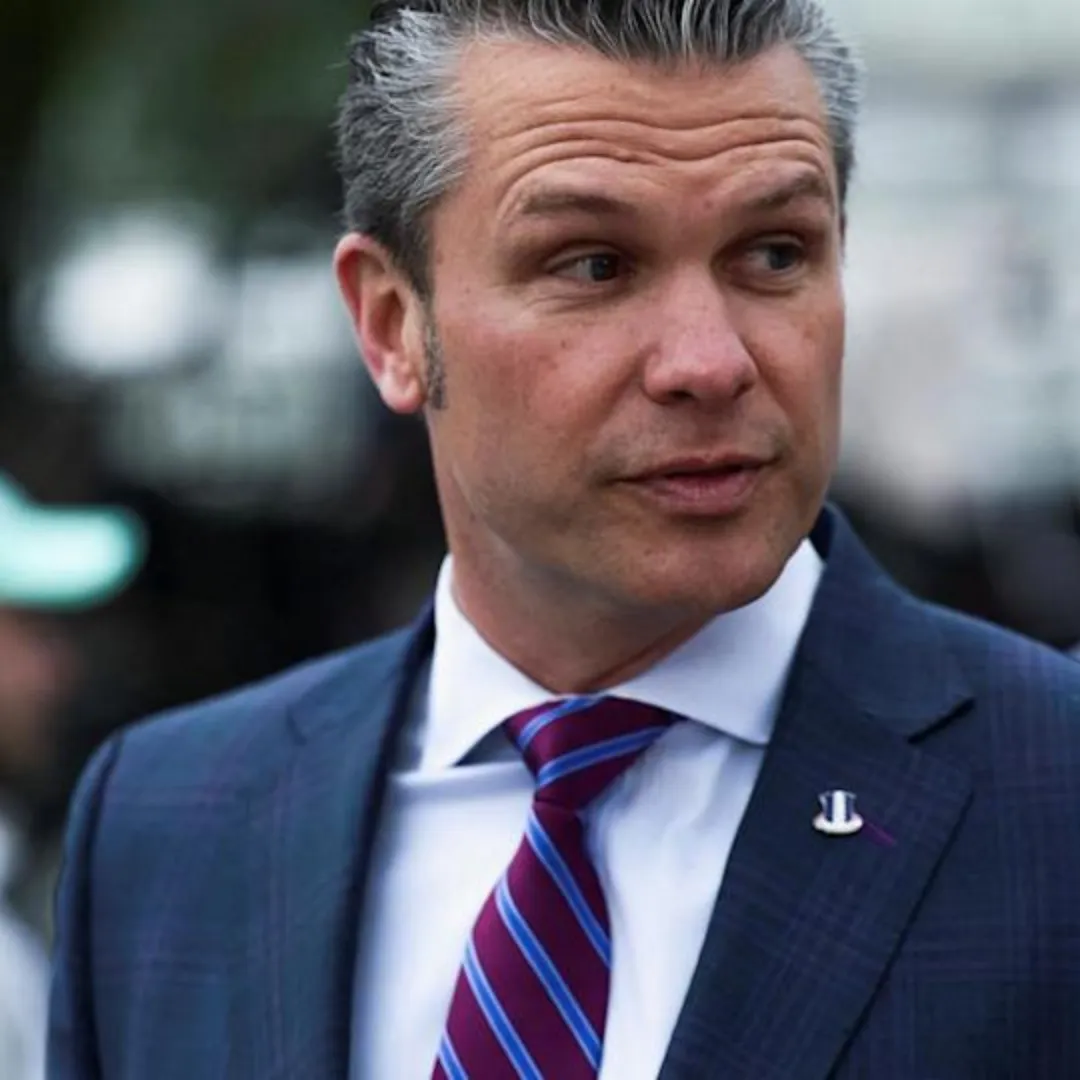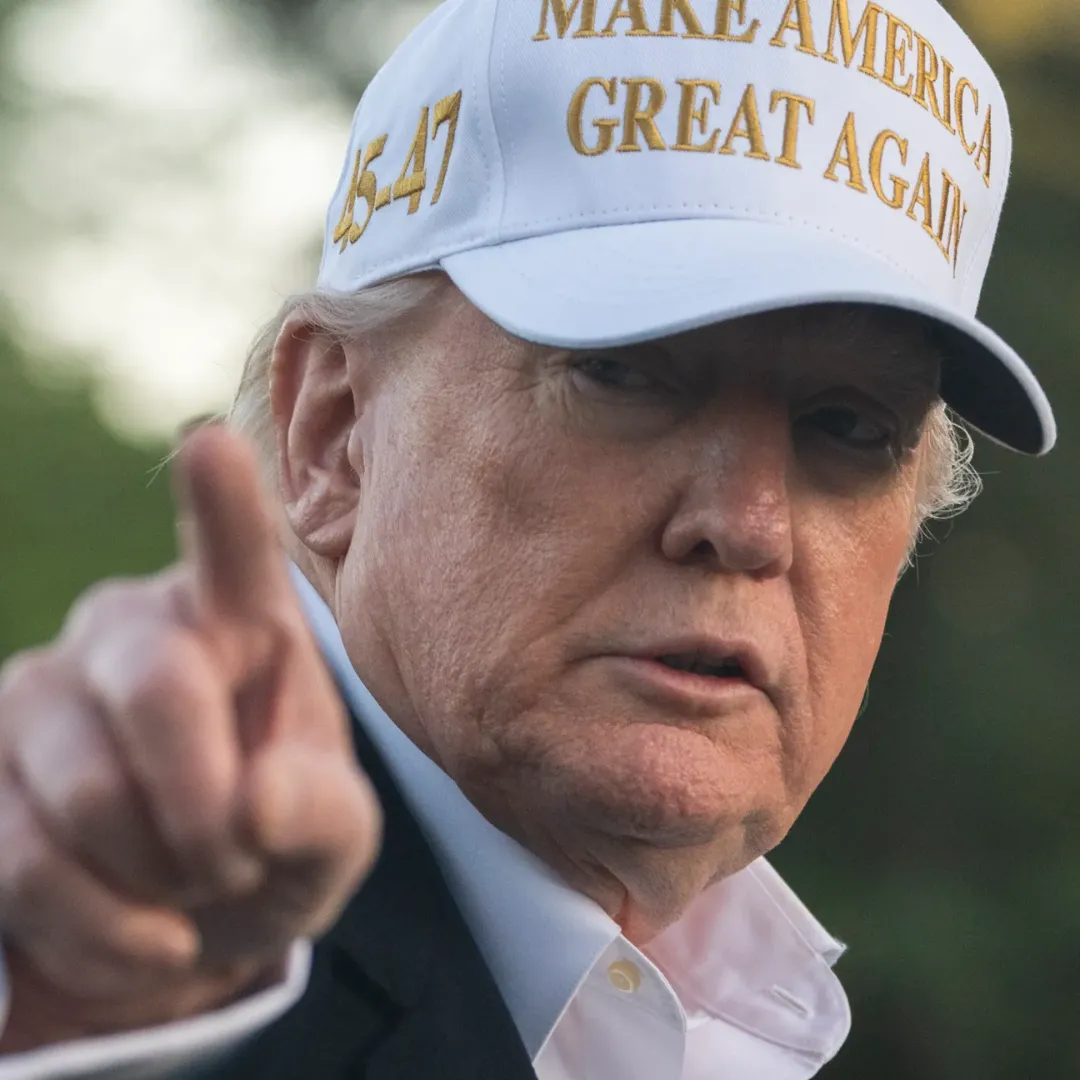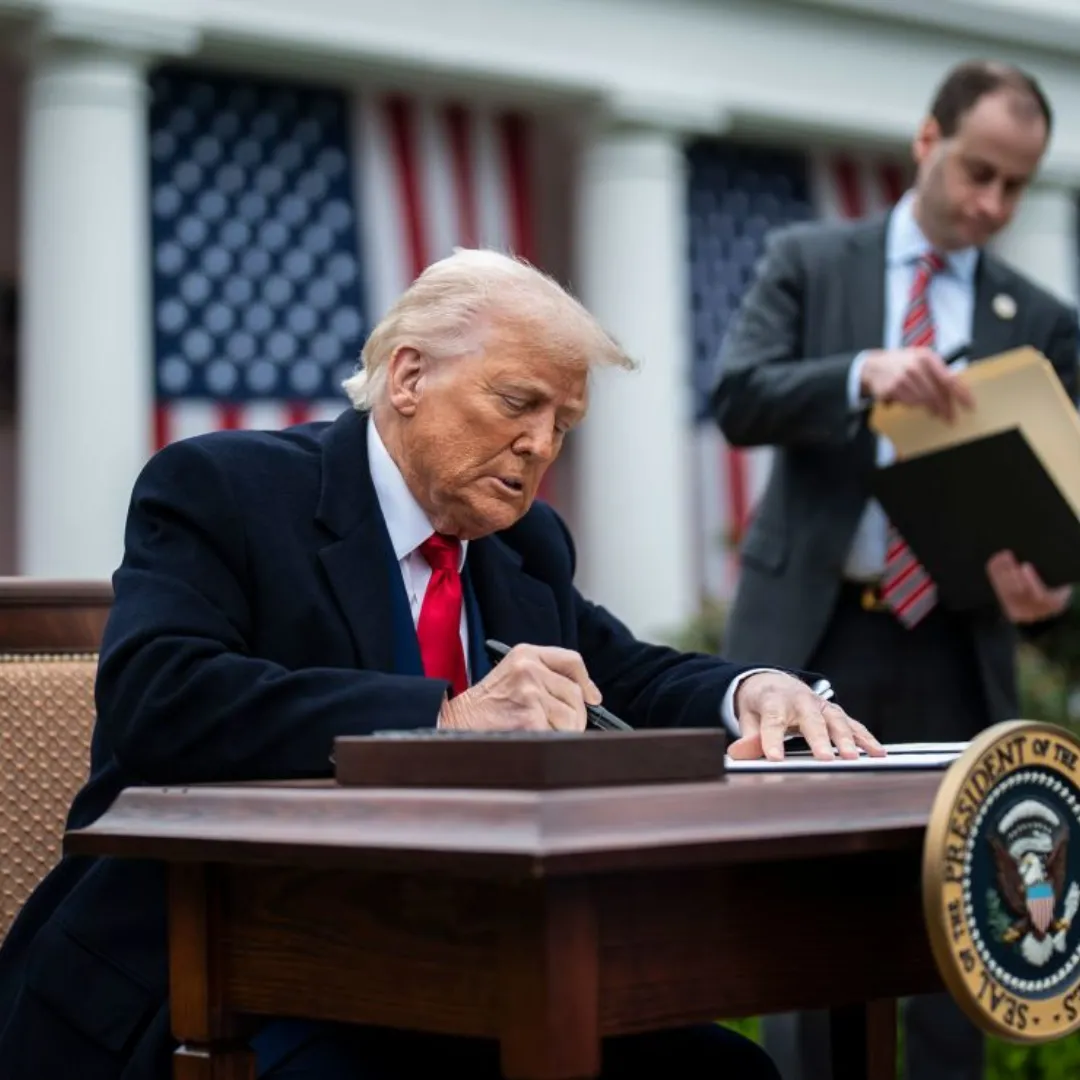
Homeland Security Secretary Kristi Noem has issued a strong warning to Harvard University, threatening to strip the prestigious institution of its ability to host foreign students unless it complies with a series of demands from the Trump administration.
The ultimatum, delivered through a letter sent on Wednesday, is the latest flashpoint in a rapidly escalating dispute between the Ivy League university and federal officials.
According to the Department of Homeland Security, Harvard has until April 30 to submit records related to foreign students who may have been involved in activities that the administration deems illegal or violent.
If the university does not comply, it could lose its certification under the Student and Exchange Visitor Program, or SEVP, effectively ending its ability to enroll foreign students.
In addition to that threat, the department announced that two federal grants to Harvard totaling 2.7 million dollars would be canceled immediately. One of the grants was reportedly tied to research that the administration claimed unfairly categorized conservatives, while the other supported public health communications efforts that federal officials labeled as misleading and politically biased.
In a sharply worded statement, Secretary Noem accused Harvard of promoting dangerous ideologies and failing to take action against what she characterized as rising extremism on campus.
"Harvard bending the knee to antisemitism — driven by its spineless leadership — fuels a cesspool of extremist riots and threatens our national security," Noem said. "With anti-American, pro-Hamas ideology poisoning its campus and classrooms, Harvard’s position as a top institution of higher learning is a distant memory. America demands more from universities entrusted with taxpayer dollars."
The dispute appears to have grown from a broader pattern of friction between the Trump administration and elite academic institutions. The administration has accused Harvard of fostering an environment where extremism is tolerated and has expressed frustration with the university’s refusal to adopt disciplinary and academic policies proposed by federal officials.
Harvard has responded with firm resistance, insisting that its policies are guided by academic freedom and the rule of law.
In response to the latest developments, a Harvard spokesperson confirmed receipt of the letter and reiterated the school’s position.

"Harvard is aware of the Department of Homeland Security’s letter regarding grant cancellations and scrutiny of foreign student visas, which — like the Administration’s announcement of the freeze of 2.2 billion dollars in grants and 60 million dollars in contracts, and reports of the revocation of Harvard’s 501(c)(3) tax-exempt status — follows on the heels of our statement that Harvard will not surrender its independence or relinquish its constitutional rights," the spokesperson said.
"We continue to stand by that statement. We will continue to comply with the law and expect the Administration to do the same," the spokesperson added.
In recent months, the Trump administration has taken a series of steps targeting higher education institutions that it views as ideologically hostile or uncooperative. Federal funding to Harvard has been under review since the university declined to take action against students and faculty members who participated in pro-Palestinian demonstrations.
DHS officials have linked these protests to broader national security concerns and argue that some participants have advocated violence or expressed support for foreign entities hostile to U.S. interests.
As part of its response, the administration has accelerated the revocation of student visas for individuals associated with these protests. Hundreds of visas have reportedly been canceled in recent weeks, affecting students across the country, with a particular emphasis on elite universities.
Administration officials have also cited a provision of U.S. immigration law that allows for the deportation of noncitizens who may adversely affect American foreign policy. Secretary of State Marco Rubio has invoked that provision in recent deportation proceedings, including a high-profile case involving a former Columbia University student.
In that case, Mahmoud Khalil, who was previously enrolled at Columbia and participated in pro-Palestinian demonstrations, was deemed eligible for deportation by an immigration judge. The ruling marked a precedent-setting moment and was viewed by many legal observers as a significant expansion of executive power under immigration law.
The Trump administration has defended its actions as necessary steps to protect national security and ensure that U.S. universities are not serving as platforms for radicalization or anti-American propaganda.

"These institutions cannot hide behind the shield of academic freedom while allowing dangerous ideologies to fester and spread," one senior administration official said. "The American people are not obligated to fund campuses that refuse to take threats to our security seriously."
Harvard has maintained that it is being targeted for refusing to compromise its principles and has pushed back against claims that it tolerates hate or violence. The university argues that its disciplinary procedures are governed by due process and that its curriculum reflects a broad range of views and academic inquiry.
University officials have expressed concern that the administration’s actions represent a broader assault on institutional autonomy. They warn that using funding and visa access as leverage could set a dangerous precedent that threatens the independence of all higher education institutions.
Legal experts have also raised alarms, suggesting that the administration’s moves could face constitutional challenges. Several advocacy groups have indicated they are preparing lawsuits should the administration move forward with its threats against Harvard and other schools.
The American Civil Liberties Union has said that revoking visas or funding in retaliation for protected speech would violate First Amendment protections and academic freedom. Other legal scholars have pointed out that even if DHS succeeds in cutting Harvard off from SEVP certification, the long-term legality of such action remains in question.
Meanwhile, students, faculty, and alumni have begun organizing in support of the university. Several faculty unions have issued statements denouncing the administration’s actions, calling them politically motivated and dangerous to the core mission of higher education.
"This is not just about Harvard," one faculty member said. "This is about whether universities in the United States are going to be allowed to govern themselves according to their own values, or whether they are going to be forced into ideological conformity by the federal government."
Foreign students, too, are expressing anxiety and confusion. Many fear that even if they have no connection to protests or political activity, their visa status may be at risk simply because of their enrollment at a targeted institution.
"I came here to study public health, not politics," said one graduate student. "But now I’m worried every day that I might be forced to leave for reasons I don’t understand and can’t control."
International students contribute significantly to U.S. universities, both academically and economically. Many pay full tuition and help subsidize costs for domestic students.
According to estimates, Harvard hosts thousands of international students each year, and losing its SEVP certification would not only disrupt those students’ lives but also severely impact the university’s global reputation.
Some education policy experts warn that the administration’s approach could backfire. By aggressively targeting one of the nation’s leading institutions, they argue, the U.S. risks alienating top academic talent and damaging its image as a global hub for education and innovation.
"There is a difference between rooting out abuse and dismantling a system that has made American higher education the envy of the world," one policy analyst said.
For now, all eyes are on the approaching April 30 deadline. Harvard has not indicated whether it will provide the requested student records. The administration, for its part, appears poised to act if it does not receive what it wants.
Whether that means an actual ban on foreign students at Harvard or a prolonged legal battle remains to be seen. But what is certain is that the confrontation between the Trump administration and the country’s most elite university has entered an unprecedented phase.

The outcome of this fight could reshape not only Harvard’s future but also the relationship between higher education and the federal government for years to come.




